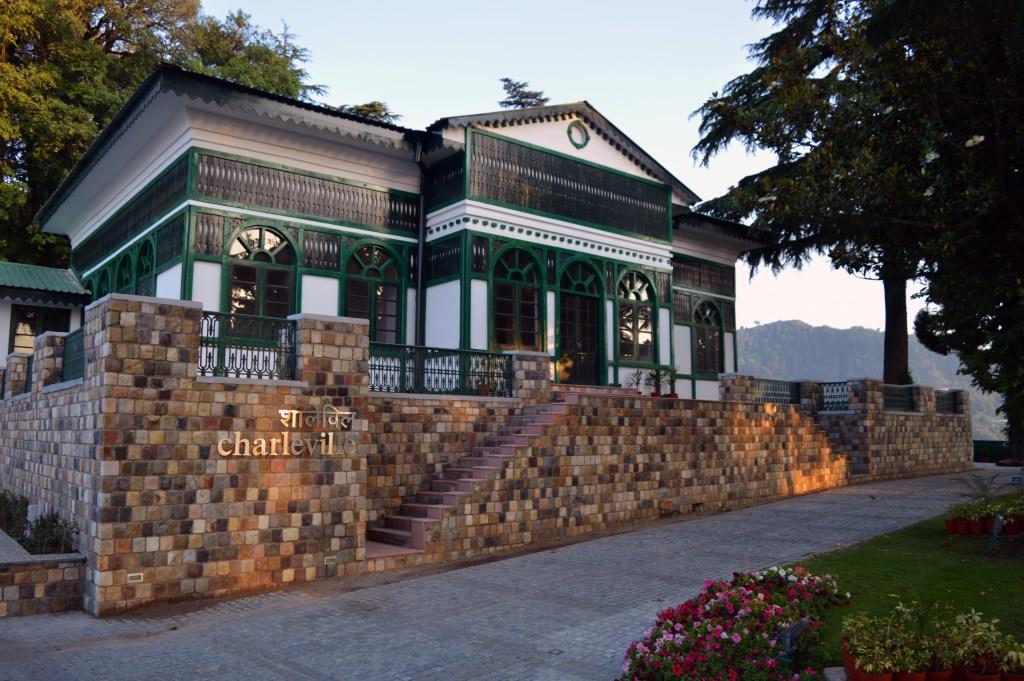Analyse the role of National Human Rights Commission on the issue of citizenship for Chakma and Hajong people. (200 Words)
Refer - The Hindu
Enrich the answer from other sources, if the question demands.

IAS Parliament 3 years
KEY POINTS
· The Chakma and Hajong communities had fled their homes in the Chittagong Hill Tracts in erstwhile East Pakistan (present-day Bangladesh) after losing land to the construction of the Kaptai dam on the Karnaphuli river in the early 1960s.
· In 2015, the Supreme Court directed the State to grant them citizenship, but this had not yet been implemented. In a judgment in 1996, the Court had stated that the “life and personal liberty of every Chakma residing within the State shall be protected”.
· It is difficult, but not impossible, for any State government in the northeast to balance the interests of native tribal communities and those of legitimately settled refugees and their progeny.
· Special rights guaranteed in the Indian Constitution in these States in order to protect the tribal people, their habitat and their livelihoods,.
· Uprooting communities that fled their homelands under duress and have since been well settled in their adopted areas, contributing to the diversity of culture and the economy, would be a violation of their rights and repeating a historic wrong.
· A dialogue between the State government, civil society and those of the Chakma/Hajong communities would go a long way in addressing concerns in implementing the Court judgment of 2015, rather than the course currently adopted by Itanagar.

K. V. A 3 years
Kindly review

IAS Parliament 3 years
Good attempt. Keep Writing.